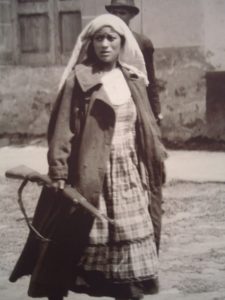I love reading and I suspect most of you do too. It is all about the stories, right? Whether zombie apocalypse, plague, end-of-the-world-whatever, I am hauling my happy ass to a library! I would spend so much time reading everything and eating apples.
 The act of reading is itself a pleasure. While I have genres I prefer to read, stick me someplace with only silly teen romances available and by golly I will read those suckers.
The act of reading is itself a pleasure. While I have genres I prefer to read, stick me someplace with only silly teen romances available and by golly I will read those suckers.
Dark confession time. I have read the Twilight series. My daughter swore to me that they were better than the movies.
She lies.
I couldn’t get Kristen Stewart’s voice out of my head for everyone one of Bella’s lines. It is still better than 50 Shades of Gray, just saying.
The point being, I am not tied to a particular type of book. But when I write, I stick to the fantasy genre. Because I am lazy and it is easier. Also I am trying to really improve the quality of my writing and not having to spend time worrying about the correct details helps.
Last NaNoWriMo I wrote a story based on La Carambada. A female Mexican bandit in 1870 who seriously kicked butt. This woman tried to save her French soldier lover from being killed and was betrayed by the governor. To get back at the government, she dressed like a man and took to robbing people and did it better than everyone else. To really rub in the humiliation in this machismo culture, she would bare her breasts so her victims knew they got beat up by a girl. She may have actually poisoned the officials who would not help her.
She needs a story told about her.
The problem is, that while I live in Southern California and I love the Mexican people and culture, there is no way I could do this story justice. Not in a way that it deserved.
Unless…
The story now takes place in a land that is loosely based on Europe during the 30 years war. Very loosely based. Now a young woman is trying to protect her fiancee and is betrayed by the lords of the land so in turn becomes a robbing-hood type character, fighting injustice and flashing her tatas.
No mess, no fuss. I love writing fantasy because there are no rules and anything goes.
So what about you? How did you pick the genre you like to write in?
Have a great day!
Paula


